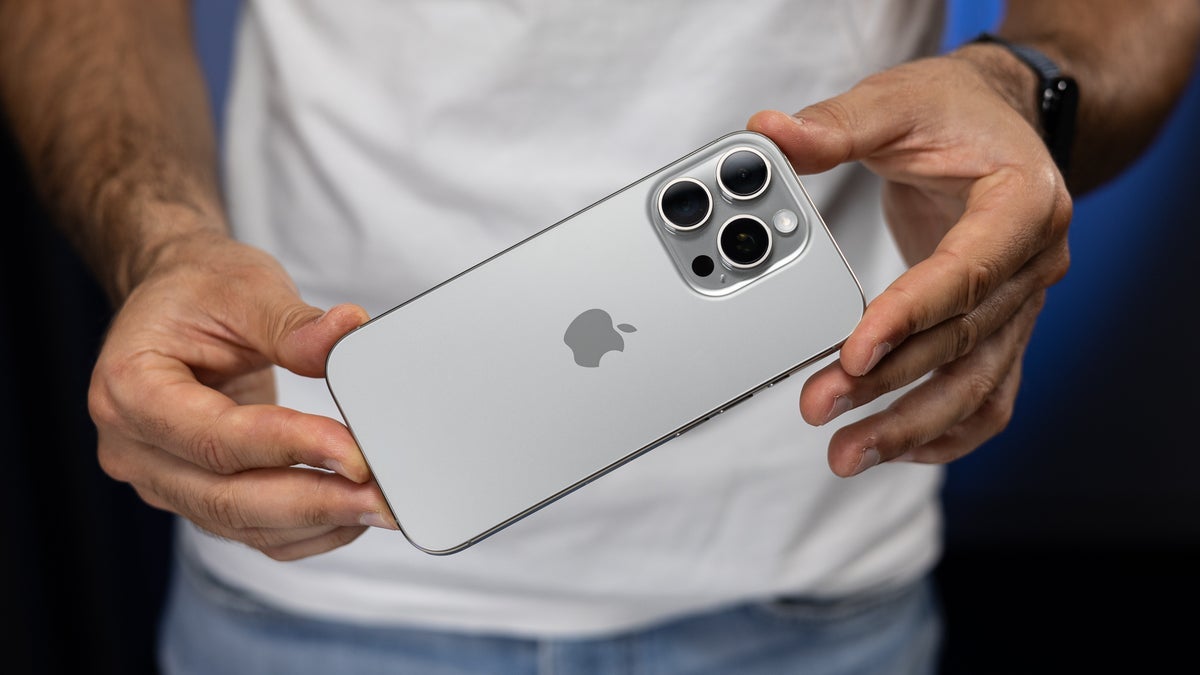The wheel of life just keeps on wheeling, and those who were on top yesterday are today at the bottom. Similarly, Apple can't stay on top forever in China – its iPhone is recording
slumping sales figures yet again.According to research company IDC, iPhone shipments in China experienced a 9% drop during the first quarter of 2025 compared to the same period last year. On top of it all, Apple seems to be the only major manufacturer to report a decline in China, according to research firm IDC. Now ranked fifth in China's smartphone market, Apple shipped 9.8 million units, resulting in a market share of 13.7%, down from 17.4% in the previous quarter.This is Apple's seventh consecutive quarter of falling shipments. One more, and it will be two whole years of sales turbulence for Cupertino.Meanwhile, Xiaomi is doing extremely well and saw its shipments climb 40% to 13.3 million units for the quarter. Overall, the industry recorded a 3.3% increase in shipments during the quarter.
IDC analyst Will Wong pointed out that Apple’s high-end pricing has limited its ability to benefit from government subsidies introduced in January. These subsidies, which helped drive market growth, offer a 15% refund to consumers purchasing smartphones and certain electronics priced below 6,000 yuan (~$820 when directly converted).
To add to it all, the iPhone was (is?) facing difficult times ahead in the US after president Trump announced mind-blowing high tariffs on imports from China. He has rolled back some of them since (to some extent) and that's probably done not without the active participation of Apple CEO
Tim Cook, who apparently quietly worked to shield his company from the fallout.Rather than publicly criticizing the administration,
Cook held private conversations with officials, including Commerce Secretary Howard Lutnick, to discuss the risks the tariffs posed to iPhone prices. His behind-the-scenes efforts paid off: the Trump administration agreed to exempt certain electronics made in China from import duties, benefiting Apple and other tech firms like HP and Dell.This exemption came despite resistance from some White House advisers and was a significant win for Apple, whose iPhone production remains heavily dependent on China. As we told you, prices for high-end iPhones could have exceeded $2,000.

